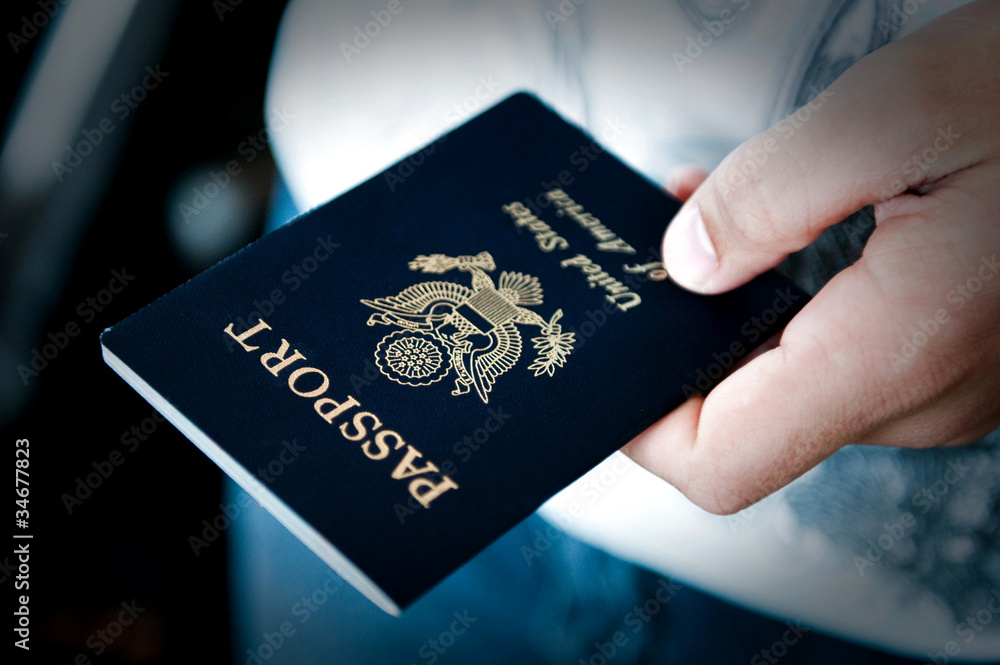A second-generation Korean American with dual citizenship was recently accepted into the U.S. Naval Academy but is struggling to renounce Korean citizenship after he missed the deadline. His mother, surnamed Lee, is worrying that he might be facing disadvantages entering or graduating from the academy for not having his dual citizenship renounced.

“My 12th-grade son applied to the Naval Academy out of the blue and just received his admission letter,” Lee said, adding, “My son, who is now 19, did not apply for denationalization when he was 18. I’m trying to figure out how to get him an exceptional denationalization even at this time. He worked so hard to get into the Naval Academy, but the process is way too complicated,” she said.
Like Lee’s son, many second-generation Korean Americans have been victimized by the birthright dual citizenship system.
Under South Korea’s citizenship law, if at least one parent is a South Korean citizen at the time of birth, the child becomes a dual citizen without having to register his or her birth in South Korea. To be exempted from military service, a male dual citizen must apply for denationalization by the end of March of the year he turns 18. The applicant’s parents’ Korean marriage registration and his own birth registration must also be completed before applying for denationalization.
Since October 2022, the Korean government has implemented an ‘Exceptional Cases concerning Renunciation of Nationality’ system after a constitutional petition by the Korean-American community.
The program has been welcomed by birthright dual citizens and families who were unable to renounce their citizenship at age 18.
According to the Korean Consulate General in Los Angeles, the program has received about 30 applications since October 2022. The Nationality Deliberation Committee has granted only a few of them, and most are under review. This is because the exceptional nationality renunciation system is a permission-based system instead of a reporting, and the eligibility and review process can often be too demanding for applicants living in the U.S.
To be eligible for an exceptional case, the applicant must have been born in a foreign country and have had his or her principal place of residence there ever since, or have been living in a foreign country since he or she was under the age of six. The applicant must show good cause for failing to denaturalize at the age of 18, and objective evidence of job restrictions or disadvantages resulting from dual citizenship.
Jongjoon Chun, a lawyer in Washington D.C., who campaigns for amendments to the Nationality Act, said, “Many congenital dual citizens who apply for the exceptional case of nationality renunciation are rejected because they do not have ‘good cause.’ The process of review and approval by the Nationality Deliberation Committee takes about a year. The Korean government is trampling on the future of second-generation Koreans who are trying to join places such as the U.S. government.”
In March, Korean-American organizations in the eastern region, including those of New York, New Jersey, Queens, and Connecticut, petitioned Korean President Yoon Suk Yeol to amend the Nationality Act, claiming that birthright dual citizens are restricted in their ability to hold elected positions and choose governmental careers.
BY HYOUNGJAE KIM, HOONSIK WOO [kim.ian@koreadaily.com]




